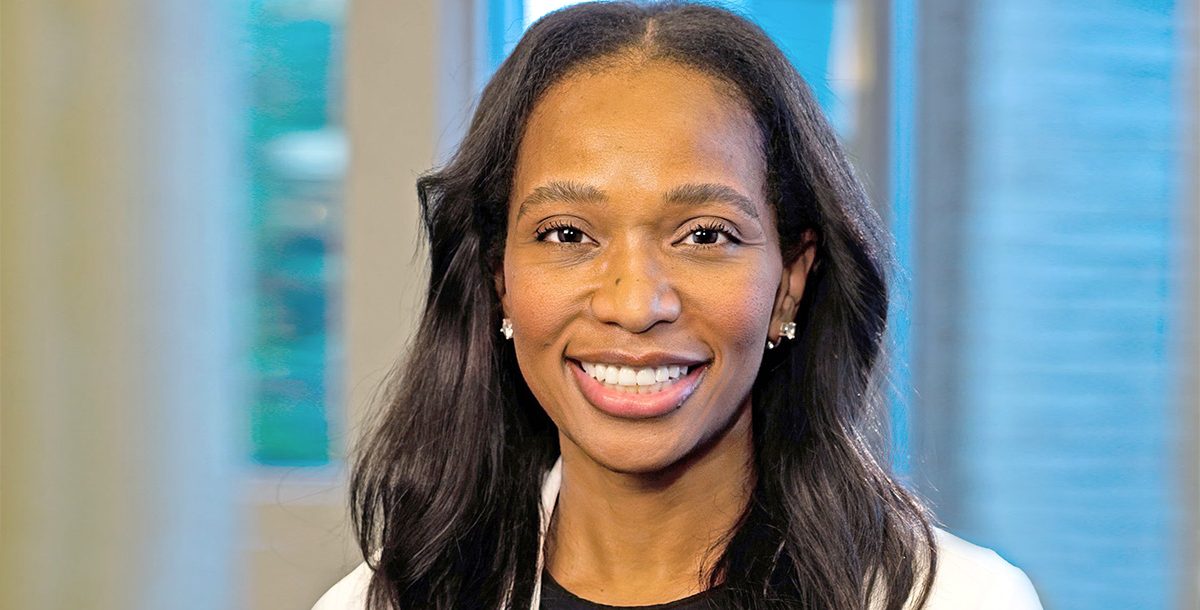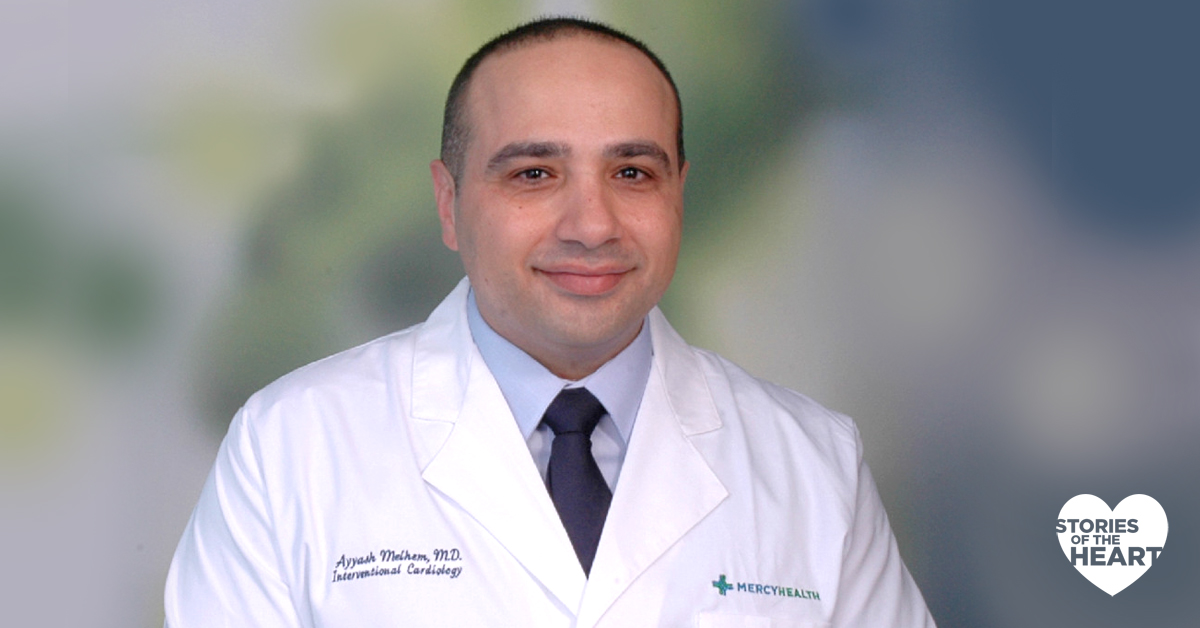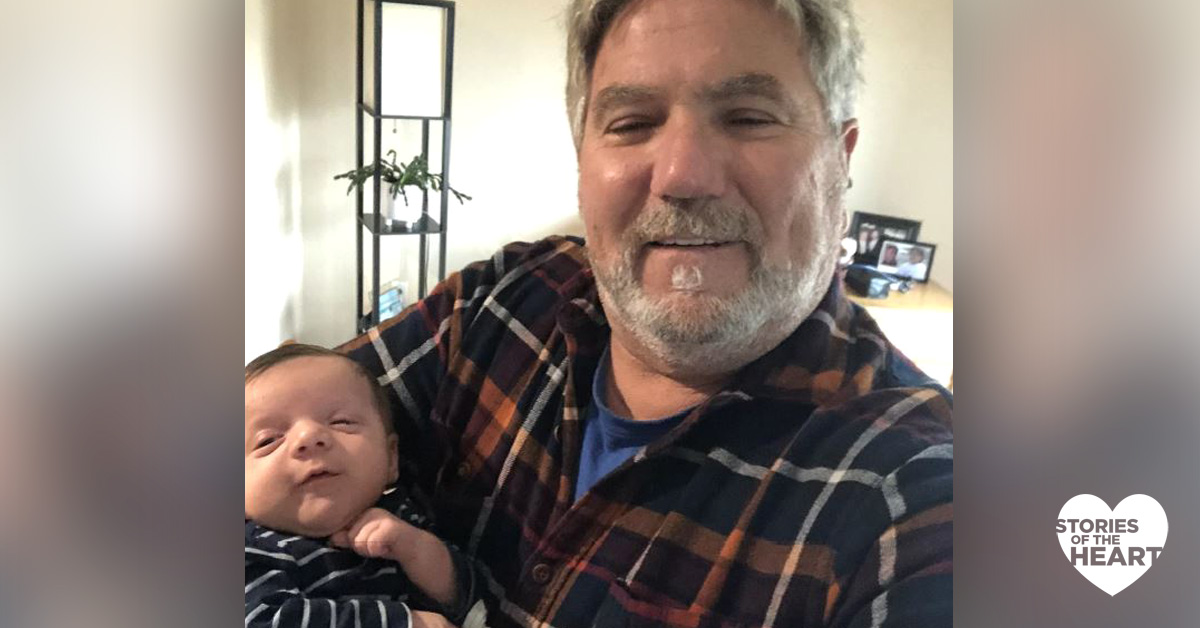Meet Simone Fearon, MD, a cardiologist and medical director of structural heart imaging at the Ray and Kay Eckstein Heart and Vascular Institute at Mercy Health. With April being Minority Health Month, Dr. Fearon feels it is a good time to speak to the importance of improving health outcomes for racial and ethnic minority groups.
“Our mission at Mercy Health is well woven into the fabric of what we do every single day,” she shares. “Extending the compassionate ministry of Jesus Christ, improving the health and well-being of our communities, and bringing good help to those in need is a mission that is put into action by our team members. This is the commitment and essence of how we, as an organization, are working together to reduce health disparities, bringing us closer to reaching health equality.”
Heart disease is one of the leading causes of death in the United States, and having limited access to resources and health care can increase anyone’s risk of developing heart disease.
“In general, health inequalities come about when there are avoidable or unfair differences in health and health outcomes based solely on certain factors such as socioeconomic status, environmental conditions and race,” Dr. Fearon says. “The unfortunate reality is that these differences have both short-term and long-term consequences and affect longevity and well-being. One example is households with a lower income have a higher risk for obesity, which can also increase the risk for diabetes, stroke and heart disease.”
Dr. Fearon shares that people can decrease their risk of developing heart disease by practicing the following things:
- Exercising regularly: 30 minutes per day of walking can reduce heart disease risk by 50 percent.
- Eating a heart-healthy diet: This includes adding a range of fruits and vegetables to your diet.
- Quitting smoking: People who smoke are two to four times more likely to have a stroke and heart disease.
“At Mercy Health – Lourdes Hospital specifically, we are growing so our patients have access to health care as well as innovative procedures that aim to decrease hospital length of stay, complications and costs as well as faster recovery times,” Dr. Fearon says.
These procedures include minimally invasive robotic heart surgery, catheter-based valve repair and replacement procedures (MitraClip and TAVR) and cutting-edge treatments to prevent blood clots from forming and leaving the heart in certain heart arrythmias (Watchman procedure).
“My passion has always been to serve and to teach,” Dr. Fearon shares. “The practice of medicine allows me to do both, and more, every day. Partnering with my patients and their families to better understand disease, make better choices and improve quality of life and longevity are essential to my core practice.”
Dr. Fearon continues, “I strive to provide compassionate and culturally competent solutions to increase the chances of success around these issues. Opportunities to improve awareness through community conversations are always welcome. Working collaboratively on various hospital, department and community committees, I also hope to continue to be involved with initiatives that have real world impact on how we deliver sustainable care and well-being on a larger scale.”
Dr. Fearon says she is also incredibly fortunate and proud to work with a dynamic and inclusive group of CT surgeons, interventional and non-invasive cardiologists, nurse practitioners and administrative and clinical support staff.
“These people work tirelessly behind the scenes to help us all achieve our common goals,” she says.
Hear from our system director of community health impact, Shivonne Laird, about Minority Health Month as well as our ministry’s efforts to address health inequities in all our markets.






